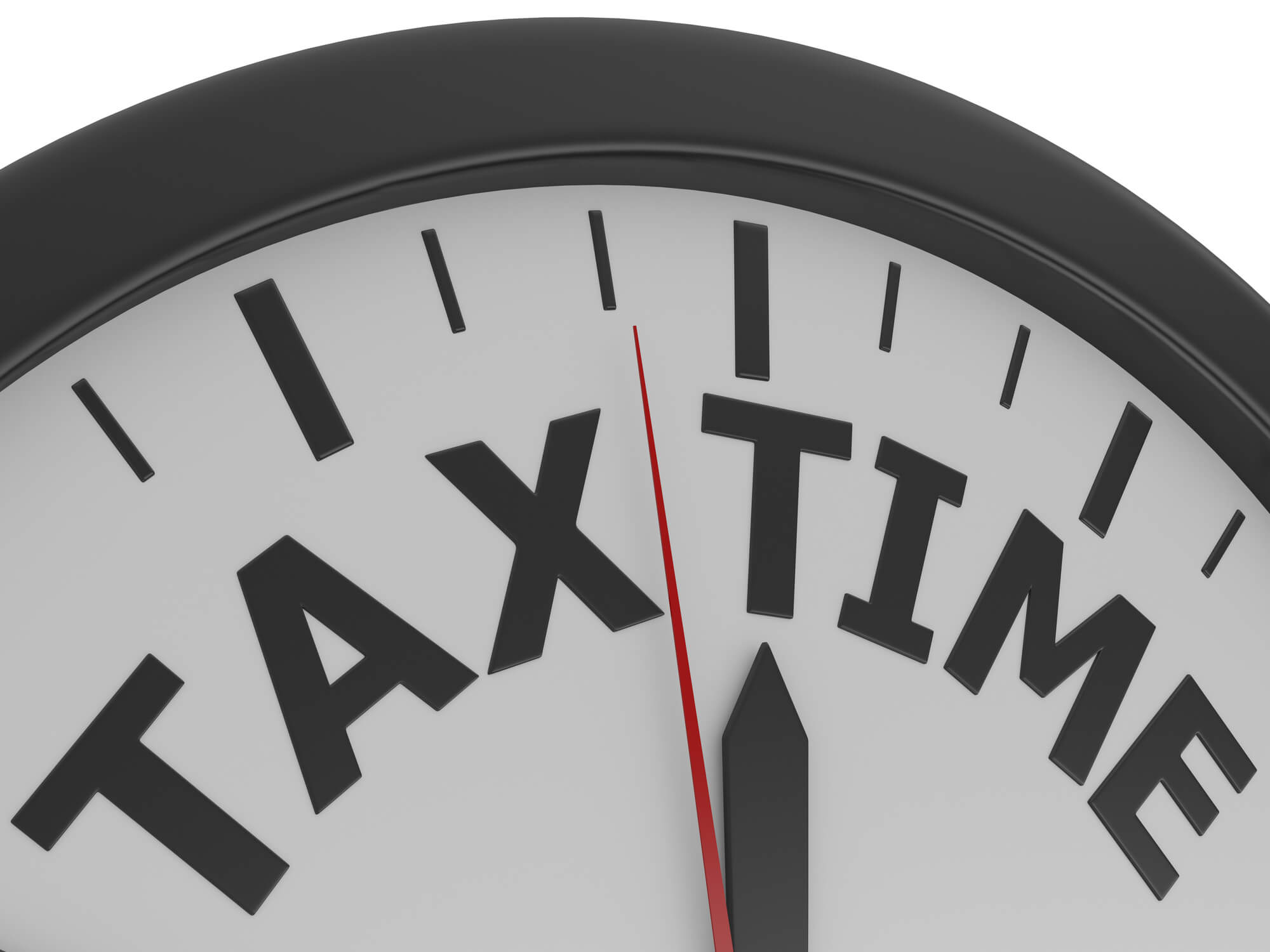The ATO confirmed that ride-sourcing is now considered ‘taxi travel’ for fringe benefits tax (FBT) purposes. This change is because of amendments to the Fringe Benefits Tax Assessment Act 1986, which are now law. Travel by Uber and other ride-sourcing services now qualifies for fringe benefits tax (FBT) exemptions on the same footing as traditional taxis.
Employers are now eligible for the exemption for travel provided to their employees in a single trip to or from the employee’s workplace:
- on or after 1 April 2019
- in a licensed taxi or other vehicle involving the transport of passengers for a fare – other than a limousine – such as a ride-sourcing vehicle.
Employees can also be eligible for the FBT taxi travel exemption on or after 1 April 2019 if it’s as the result of sickness of, or injury to, the employee, and whole or part of the journey is directly between:
- the employee’s place of work
- the employee’s place of residence
- any other place that it is necessary, or appropriate, for the employee to go as a result of the sickness or injury.
“The change is designed to help minimize compliance costs for businesses providing transport for their employees.”, said ATO Deputy Commissioner John Ford. Any benefit from travel by an employee using a registered taxi or ride-sourcing provider (other than in a limousine) is now exempt from FBT subject to meeting certain criteria.
For more information on the FBT taxi travel exemption, go to ato.gov.au/FBTtaxi.
NEXT STEPS:
Don’t forget to share this post! Check out some of our latest articles:
Tax myths to avoid during this current Tax Time
Withdrawing super early and recontributing your super can result in consequences




 Tax time is one of the few times of the year where keeping an absurd amount of paper in your possession is socially acceptable. But while most of us can confide in our receipts to keep us safe navigating our tax return, receipts aren’t always enough – especially if you get audited by the ATO.
Tax time is one of the few times of the year where keeping an absurd amount of paper in your possession is socially acceptable. But while most of us can confide in our receipts to keep us safe navigating our tax return, receipts aren’t always enough – especially if you get audited by the ATO. When you are paying your employees, there are certain parties you need to withhold amounts from and instead send this to the ATO. This is to ensure these parties don’t have to pay larger amounts of unnecessary tax at the end of the year. We’ve put together a handy guide to make sure you don’t get caught out heading into the end of the financial year.
When you are paying your employees, there are certain parties you need to withhold amounts from and instead send this to the ATO. This is to ensure these parties don’t have to pay larger amounts of unnecessary tax at the end of the year. We’ve put together a handy guide to make sure you don’t get caught out heading into the end of the financial year.  they will be affected by the result of the Election.
they will be affected by the result of the Election.

 The end of the year is fast approaching and its finally time we put our phones down, hung up our stockings and sat back with a glass of eggnog. Here at RA this will be accompanied by a wholesome team dinner for our Christmas party, but if you are considering having a Christmas shindig for your team you may be forgetting one thing – fringe benefits tax.
The end of the year is fast approaching and its finally time we put our phones down, hung up our stockings and sat back with a glass of eggnog. Here at RA this will be accompanied by a wholesome team dinner for our Christmas party, but if you are considering having a Christmas shindig for your team you may be forgetting one thing – fringe benefits tax.